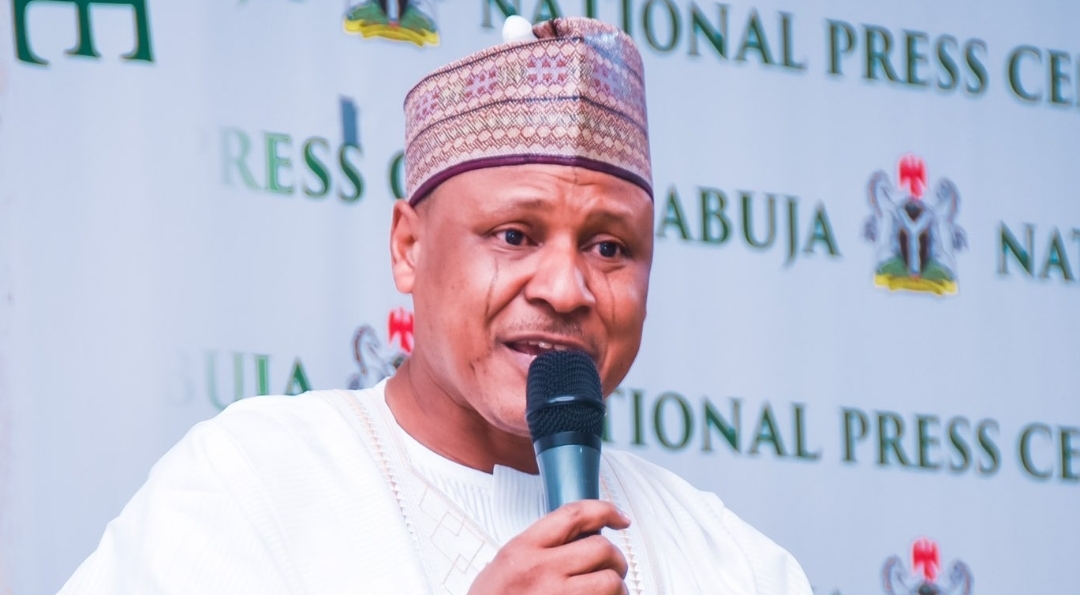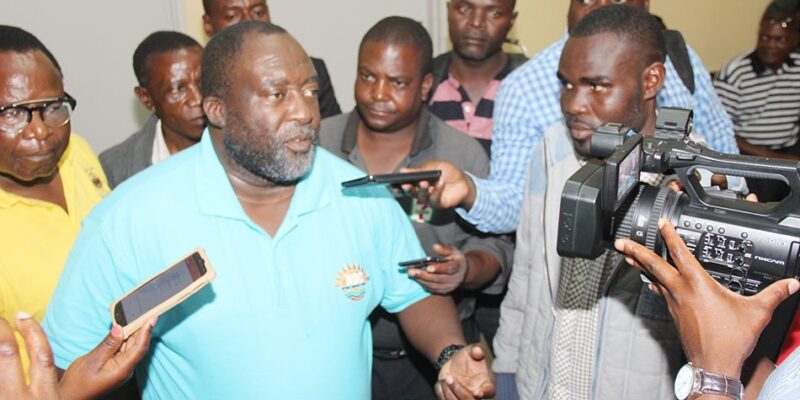Nigeria’s Minister of Information, Mohammed Idris, says the controversial Samoa Agreement recently signed by Nigeria was for the best interest of the country and its citizens.
The Samoa Agreement has generated so much outcry from Nigerians after it was claimed that it had some clauses that compelled underdeveloped and developing nations to support the agitations by the Lesbian, Gay, Bisexual, and Transgender (LGBT) community for recognition as a condition for getting financial and other support from advanced societies.
The agreement, which is named after the Pacific Island of Samoa gwhere it was signed, has also faced opposition from religious bodies, with both the Christian and Muslim communities saying it would erode religious values in the country. Others say it will have a negative impact on the cultural values of Nigeria.
Following public anger, with many Nigerians calling for the country to withdraw from the agreement, Idris, in a statement on Thursday clarifying the issue, assured Nigerians that President Bola Tinubu would not enter into any international agreement that would be detrimental to the country’s interest.
In the statement, Idris admitted that Nigeria recently signed the Samoa Agreement at the Organisation of African, Caribbean, and Pacific States Secretariat in Brussels, Belgium, which is a partnership agreement between the EU and its member states, on one hand, and the members of the OACPS on the other.
Explaining the rationale behind Nigeria’s signing of the agreement, the Minister said:
“Nigeria’s endorsement was accompanied by a statement of declaration, dated 26th June 2024, clarifying its understanding and context of the agreement within its jurisdiction to the effect that any provision that is inconsistent with the laws of Nigeria shall be invalid.
“It is instructive to note that there is an existing legislation against the same sex relationship in Nigeria enacted in 2014.
“It is necessary to assure Nigerians that the President Bola Tinubu Administration, being a rule-based government will not enter into any international agreement that will be detrimental to the interest of the country and its citizens.
“In negotiating the agreement, our officials strictly followed the mandates exchanged in 2018 between the EU and the OACPS for the process.
“The agreement has 103 articles comprising a common foundational compact and three regional protocols, namely: Africa –EU; Caribbean-EU, and Pacific-EU Regional Protocols with each regional protocol addressing the peculiar issues of the regions.
“The African Regional Protocol consists of two parts. The first is the Framework for Cooperation, while the second deals with Areas of Cooperation, containing Inclusive and Sustainable Economic Growth and Development; Human and Social Development; Environment, Natural Resources Management, and Climate Change; Peace and Security; Human Rights, Democracy and Governance; and Migration and Mobility.
“Nigeria signed the Agreement on Friday, June 28, 2024. This was done after the extensive reviews and consultations by the Interministerial Committee, convened by the Federal Ministry of Budget and Economic Planning (FMBEP) in collaboration with the Ministry of Foreign Affairs (MFA) and the Federal Ministry of Justice (FMOJ).
“It was ensured that none of the 103 Articles and Provisions of the Agreement contravened the 1999 Constitution as amended or the laws of Nigeria and other extant Laws.
“The Samoa Agreement is nothing but a vital legal framework for cooperation between the OACPS and the European Union, to promote sustainable development, fight climate change and its effects, generate investment opportunities, and foster collaboration among OACPS member states at the international stage,” he stated.

 Sports2 days ago
Sports2 days ago
 Metro2 days ago
Metro2 days ago
 Metro1 day ago
Metro1 day ago
 Culture2 days ago
Culture2 days ago































